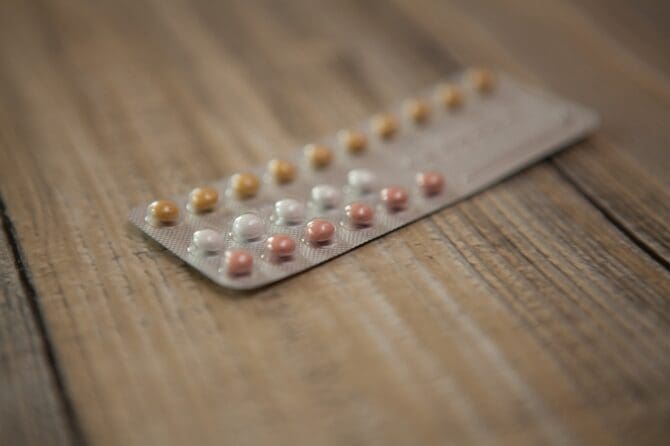Eating a variety of foods is important for insuring you are receiving proper nutrition throughout your pregnancy. Make sure that the additional calories you consume come from protein, fat, carbohydrates, fruits, and vegetables. The food pyramid from grammar school days is a good reminder of the different types of foods you should be including in your diet.
Pregnant women should eat about one extra meal per day to maintain energy levels during pregnancy and breastfeeding. Pregnant women should also eat foods rich in iron to prevent anemia. Pregnant women should not exhaust themselves physically, especially during the last three months of pregnancy.
A gain of 25-35 pounds is generally considered healthy for pregnant women. However, the amount of weight you gain during pregnancy depends on your weight before getting pregnant. If you were overweight before pregnancy, you should gain less weight, though some weight gain is still normal. Conversely, if you were underweight before pregnancy, you should gain more weight. Be sure to check with your doctor about how much weight gain is expected and considered healthy for your particular situation.
Check-ups are important for pregnant women or those diagnosed with hypothyroidism. If you have this condition, it is crucial to get treatment as soon as possible. This will help ensure a healthy pregnancy and avoid any potential complications.
Vitamin C is important for pregnant women because it helps the baby’s nervous system develop properly. A pregnant woman needs about 70 mg of vitamin C per day. You can get vitamin C from oranges, green peppers, strawberries, grapefruits, papaya, honeydew, cauliflower, broccoli, tomatoes, Brussels sprouts, or mustard greens.
Prenatal vitamins are an important part of pregnancy nutrition, but our bodies are also amazing at utilizing vitamins, minerals, and healthy fats from whole-food sources. Prenatal vitamins provide crucial nutrients for baby development, such as iron, calcium, Omega 3s, and folic acid. These nutrients are essential for a healthy unborn child.
If you’re struggling with nutrition now that you’re eating for two, don’t be discouraged! It won’t take long to learn which foods are healthy and which ones aren’t. As long as you’re willing to take the time to learn about nutrition and make some dietary changes, you’ll be able to stick to a healthy diet.
A woman who is pregnant needs to consume additional calories each day to support the development of the baby. However, these additional calories should come from healthy foods that are recommended by medical professionals. These foods include dairy products, protein-rich foods, fresh fruits and vegetables, whole grains, and healthy fats.











